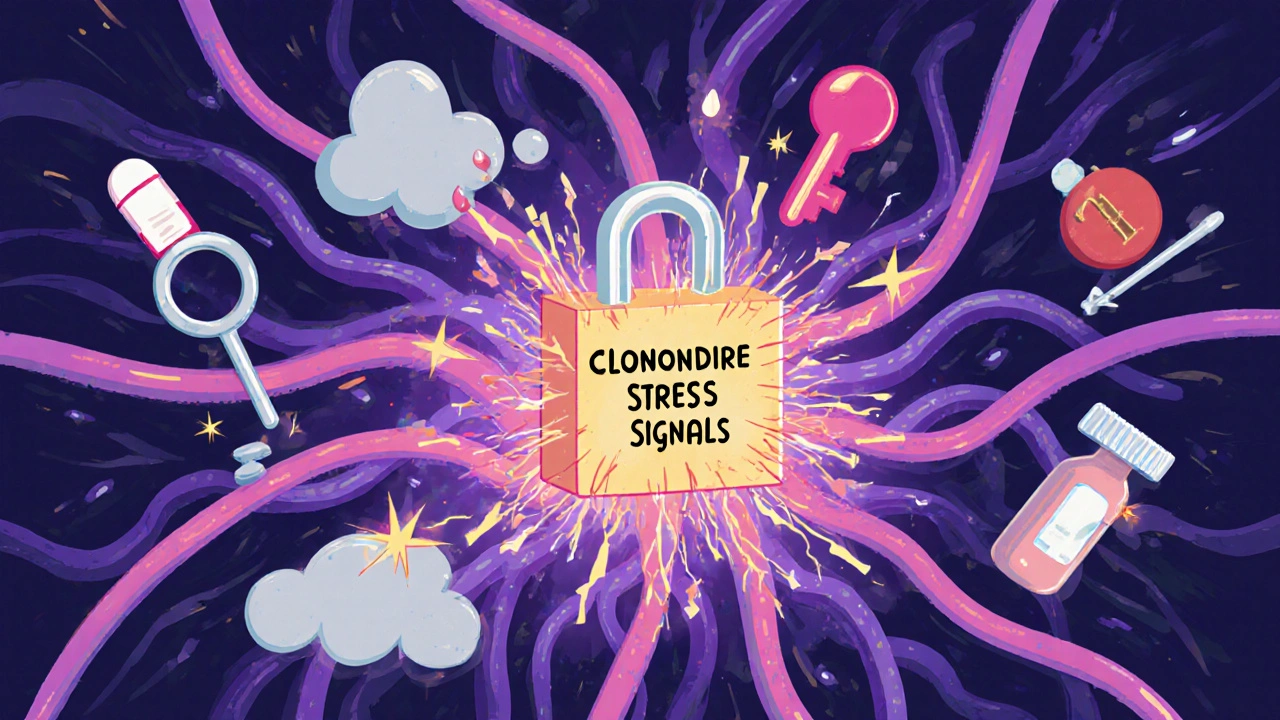Anxiety medication: what to expect and how to choose
Feeling anxious and wondering if medication could help? You're not alone. Medication can reduce symptoms enough to make therapy and daily life workable, but not every drug fits every person. This short guide explains common drug types, what they do, likely side effects, and simple safety steps you can use when talking to your doctor.
Common drug types and what to expect
Here are the main medicine groups used for anxiety and the practical points you should know:
- SSRIs (selective serotonin reuptake inhibitors) — examples: sertraline, escitalopram. Good for generalized anxiety, panic disorder, and social anxiety. Effects build over 4–6 weeks. Watch for nausea, sleep changes, and sexual side effects.
- SNRIs (serotonin-norepinephrine reuptake inhibitors) — examples: venlafaxine, duloxetine. Similar timeline to SSRIs; can help both anxiety and certain pain symptoms.
- Benzodiazepines — examples: diazepam, lorazepam. Fast relief in minutes to hours; useful short-term for severe anxiety or panic. Risk: tolerance, dependence, memory problems. Avoid long-term use when possible.
- Buspirone — a non-sedating option for generalized anxiety. It takes a few weeks to work and has less sedation or dependence risk.
- Beta-blockers — like propranolol. Not for daily anxiety, but helpful for performance anxiety or physical symptoms (rapid heartbeat, shaking).
Practical tips for safer, smarter use
Start with clear goals. Tell your doctor what symptoms bother you most (panic attacks, constant worry, sleep issues). Ask how long the trial will run and what improvement looks like.
Keep a simple symptom diary: note severity each week, sleep, appetite, and side effects. Most antidepressants need 6–12 weeks at an effective dose to tell if they help. If a drug isn’t working, ask about switching before adding more meds.
Taper slowly. Don’t stop antidepressants or benzodiazepines suddenly—withdrawal can be real and unpleasant. Your prescriber should outline a taper plan that fits your medication and how long you’ve taken it.
Watch for interactions. Avoid mixing alcohol with benzodiazepines or sedatives. Tell your doctor about all medicines and supplements, since some combinations raise the risk of serotonin syndrome or other problems.
Combine meds with therapy. Cognitive behavioral therapy (CBT) and lifestyle changes (better sleep, regular exercise, reducing caffeine) make medication work better and reduce relapse risk.
Buying meds online? Be careful. Use licensed pharmacies, always get a prescription when required, and read reviews or our guides on safe online buying—there’s a dedicated article about buying sertraline safely.
Seek urgent help if you have suicidal thoughts, severe allergic reactions, or signs of serotonin syndrome (high fever, rapid heartbeat, confusion). For most side effects, call your prescriber first and describe what you feel.
Want specific drug reviews or how-to guides? Check our articles on sertraline, alternatives to trazodone, and safe online pharmacies for practical next steps tailored to common choices.


